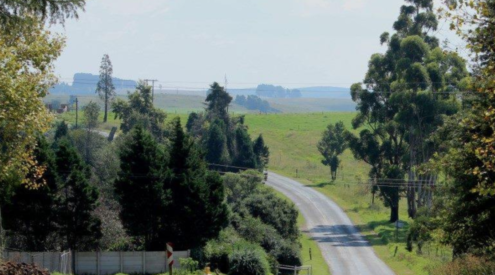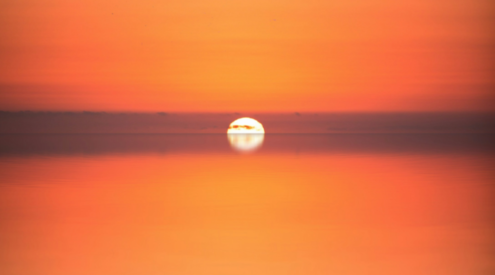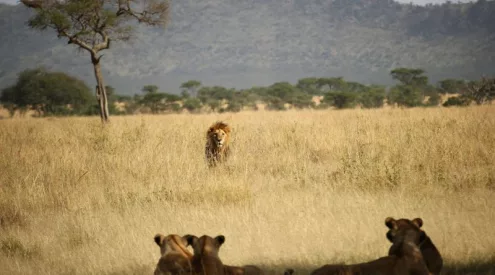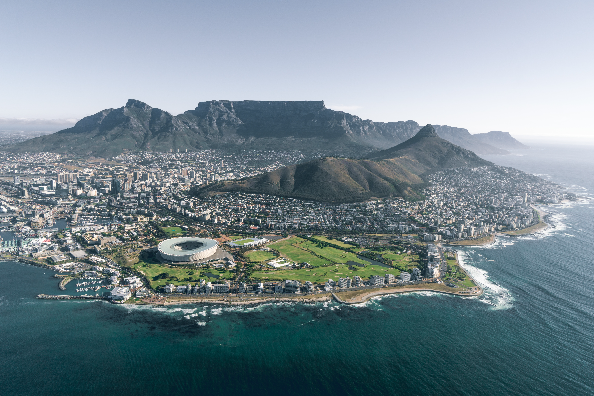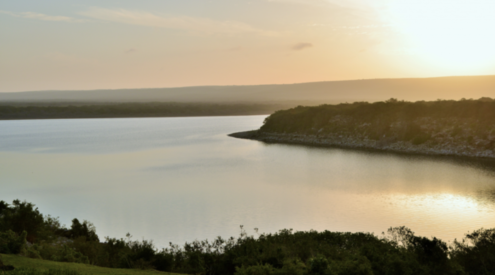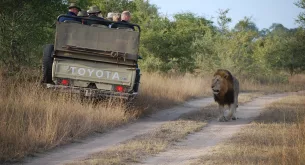Planning your visit to South Africa involves choosing the right time to experience the country’s diverse attractions and natural wonders. South Africa’s climate and calendar offer a variety of experiences throughout the year. In this article, we’ll explore the best times to visit South Africa, from the vibrant peak festival season during November to March, the wildlife-watching opportunities in April, May, September, and October, to the budget-friendly period for travellers from June to August. We’ll also delve into the advantages of exploring South Africa’s game reserves during the winter months and highlight the prime times for whale-watching along the captivating coasts. Whether you’re a festival enthusiast, a wildlife lover, or a budget-conscious traveller, South Africa has something remarkable to offer year-round.
Peak Festival Season: November to March
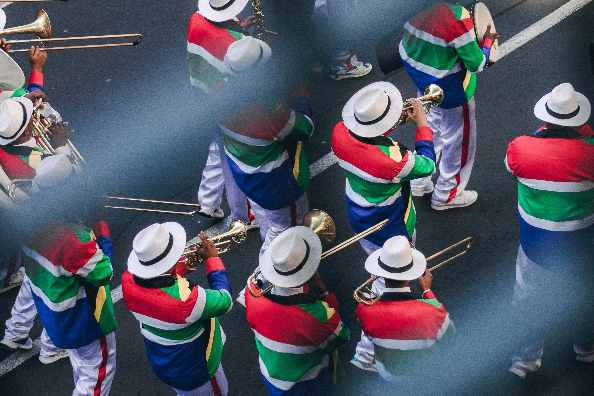
Photo by Leo Moko on Unsplash
South Africa’s summer season spans from November to March, bringing scorching daytime highs of around 32°C (90°F) and heightened humidity. Planning ahead is essential if you intend to visit during this peak period, as accommodations in coastal areas and national parks fill up months in advance, often accompanied by a 50% or more surge in prices for popular vacation spots. Nonetheless, if your budget permits, this high season offers a wealth of festivals and events, including the internationally renowned AFROPUNK music festival in December, the Cape Town Minstrel Carnival on January 2nd, and cultural celebrations like Cape Town’s Pride Festival and the Cape Town Cycle Tour in February and early March. Additionally, March features the Cape Town International Jazz Festival and the Klein Karoo Nasionale Kunstefees Arts Festival in Oudtshoorn, Western Cape.
This season is ideal for exploring the lush landscapes of the Lowveld, with its verdant grasslands and woodlands situated between 150m and 610m above sea level. For those seeking a slightly cooler atmosphere, the Highveld, at higher elevations, offers respite. In particular, the Western Cape is perfect for leisurely walks and beach relaxation during these months.
Wildlife Watching in April, May, September, and October
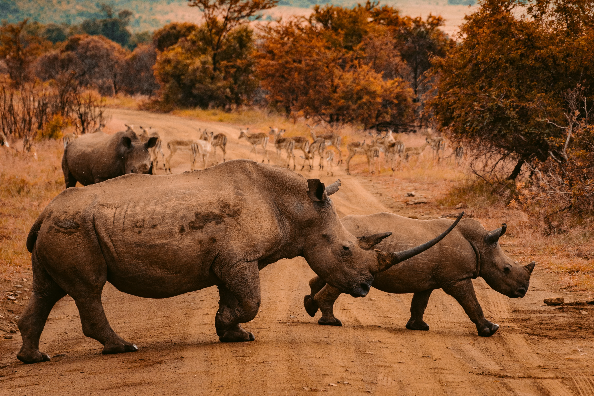
Photo by redcharlie | @redcharlie1 on Unsplash
South Africa’s shoulder seasons offer the advantage of smaller crowds and numerous exciting festivals. One such event is the April Splashy Fen Music Festival in Durban. During the autumn months of April and May, the spotlight turns to wildlife watching. The waning dry summer weather prompts wildlife to venture into the open, making it an ideal time for observation. It’s also when impalas, one of South Africa’s most common antelopes, enter their rutting season. April marks the start, with impressive displays of dominance, including the dramatic clashing of horns, becoming more frequent as the days grow shorter.
As we move into the spring months of September and October, your chances of encountering majestic cetaceans, such as whales, are at their peak. Coastal areas like Hermanus are well-known for offering excellent whale-watching opportunities during this period. The wildflower season reaches its zenith in late August in the north and early September in the south. However, blooms can appear as early as July, depending on the rains, and the spectacle continues well into October, provided the temperatures remain favourable.
The Ideal Period for Budget Travellers: June to August
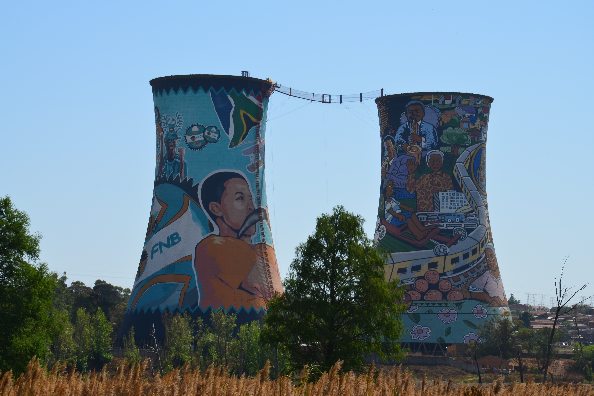
Photo by Michael Schofield on Unsplash
The South African winter, spanning from June to August, ushers in reduced prices (excluding safaris) and a more intimate atmosphere with fewer crowds. While this period marks the rainy season in Cape Town and the Western Cape, there’s still an abundance of sunshine to enjoy. Keep an eye out for budget-friendly winter offers at Cape Town’s dining establishments.
In other regions of the country, winters are notably drier, creating ideal conditions for a safari adventure. However, do brace yourself for chilly evenings and cold early morning game drives. Don’t miss out on the outstanding winter festivals, including the National Arts Festival in the Eastern Cape during June and Knysna’s 10-day Oyster Festival in either June or July.
South Africa’s Game Reserves Shine in Winter
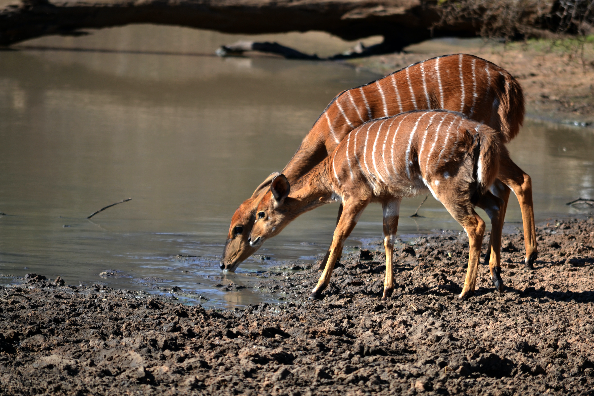
Photo by Simon Greenwood on Unsplash
Inclement weather can present challenges during your safari adventures. In the case of Northern game reserves like Kruger National Park, the driest months fall between May and September, aligning with South Africa’s winter. While this period might lack the vibrant greenery seen in spring and summer, it offers distinct advantages, such as improved wildlife visibility due to reduced vegetation and animals congregating around water holes.
The cooler winter nights translate to fewer encounters with mosquitoes. Nevertheless, it’s advisable to bring layers of clothing for warmth during early morning game drives. In contrast, safaris in the Western Cape experience drier conditions during the South African summer months, although this period coincides with the bustling Christmas season and South Africa’s summer school holidays.
Optimal Time for Whale-Watching: September and October
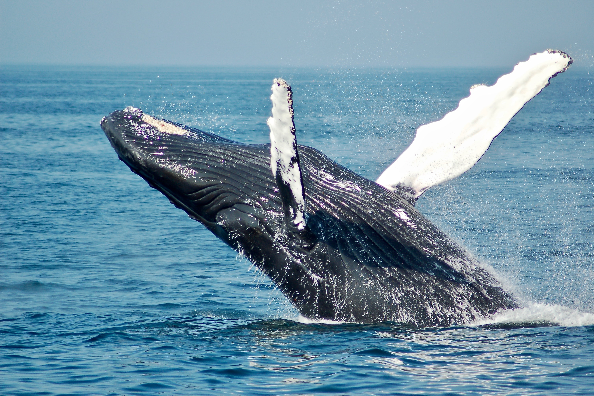
Photo by Todd Cravens on Unsplash
While South Africa’s southern and eastern coasts offer whale and dolphin sightings throughout the year, the months of September and October emerge as the prime times for cetacean enthusiasts. Between June and November, these waters become the migratory path for southern right whales and humpbacks, journeying to and from Antarctica for breeding and calving in the warmer seas near Mozambique and Madagascar. Additionally, May to June witnesses a massive sardine run, an event that lures whales, dolphins, sharks, and sea birds. For those seeking an excellent vantage point, Durban serves as an ideal base for witnessing this spectacle.
Though whale-watching boats provide a closer encounter, it’s not uncommon for whales to venture near the shoreline, offering land-based observers a thrilling sight. One notable location is the town of Hermanus, acclaimed by the World Wildlife Fund as one of the world’s premier whale-watching destinations, where early sightings can begin as early as April. The Eastern Cape’s Gqeberha, formerly known as Port Elizabeth (PE), earns recognition as the global bottlenose dolphin capital, with pods frequently gracing these waters between January and June.
Follow us on social media for more travel news, inspiration, and guides. You can also tag us to be featured.
TikTok | Instagram | Facebook | Twitter | Daddy Deals




